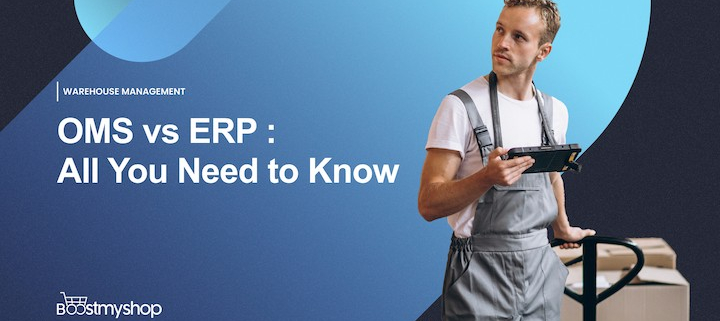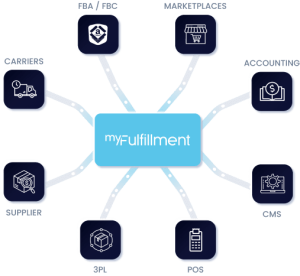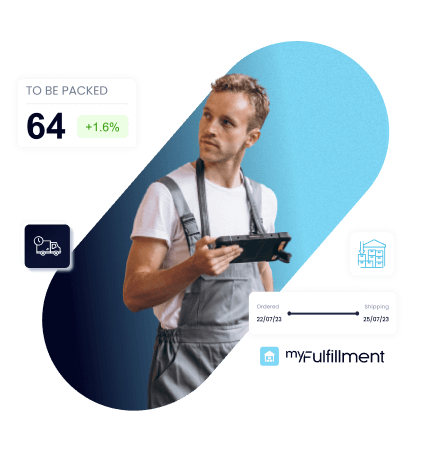OMS vs ERP: All You Need to Know
If you’re an e-commerce business owner looking to streamline your operations, you’ve likely heard of two essential tools in e-commerce: Order Management Systems (OMS) and Enterprise Resource Planning (ERP) systems. But what sets these two solutions apart?
In this article, we’ll explore the features, similarities, and differences between OMS and ERP systems, and determine whether you need to use an OMS in addition to an ERP to optimize your operations.
Understanding the Basics of OMS and ERP
Order Management Systems (OMS) and Enterprise Resource Planning (ERP) systems are fundamental tools for e-commerce businesses, but they serve different functions. An ERP is designed to manage all aspects of a company’s operations, from accounting to human resources management, to supply chain management. In contrast, an OMS specifically focuses on order management and the logistics associated with order processing. Both tools are complementary, but they have distinct functionalities that address specific needs.
OMS & ERP: Similarities and Differences
OMS and ERP systems share common features. For instance, they both allow centralizing data and optimizing processes, which can enhance operational efficiency. However, they differ in their core functionalities.
An ERP integrates multiple modules to manage different aspects of the business, whereas an OMS exclusively focuses on order management, inventory, and logistics. Moreover, OMS systems are often more flexible and customizable to meet the specific needs of e-commerce businesses regarding order fulfillment and logistics management.
ERP and OMS: Should You Use Both?
The question then arises: do e-commerce businesses need to use both an OMS and an ERP? The answer depends on the specific needs of your company. If you are primarily concerned with order management, inventory, and logistics, an OMS may be enough. However, if you require a more comprehensive solution to manage all your business operations, including accounting, human resources, and supply chain management, an ERP may be necessary. In many cases, e-commerce businesses opt for a combination of both to leverage the benefits of both solutions.
Which OMS to Choose for my E-commerce Business?
OMS Boostmyshop myFulfillment is a comprehensive SaaS solution designed to simplify and optimize e-commerce order management and processing. With its powerful features, myFulfillment enables businesses to efficiently manage their inventory, orders, and shipments, all from a centralized platform.
This tool synchronizes various online sales channels, provides real-time stock status tracking, processes orders quickly, and selects the best shipping options to meet customer needs. With its warehouse management capabilities, shipment tracking, and reporting generation, OMS Boostmyshop myFulfillment offers businesses complete visibility into their supply chain while automating repetitive tasks and improving operational efficiency.
Conclusion
OMS and ERP systems are essential tools for e-commerce businesses, but they serve different functions. By assessing your specific needs for order management and business operations, you can determine whether you need to use an OMS in addition to an ERP.
Additionally, using both types of software can represent a significant cost for your business. Ensure you have a minimum number of monthly orders justifying the adoption of an OMS software. If you want to learn more about our OMS Boostmyshop myFulfillment, feel free to schedule a demonstration to discover how it can optimize your operations.




